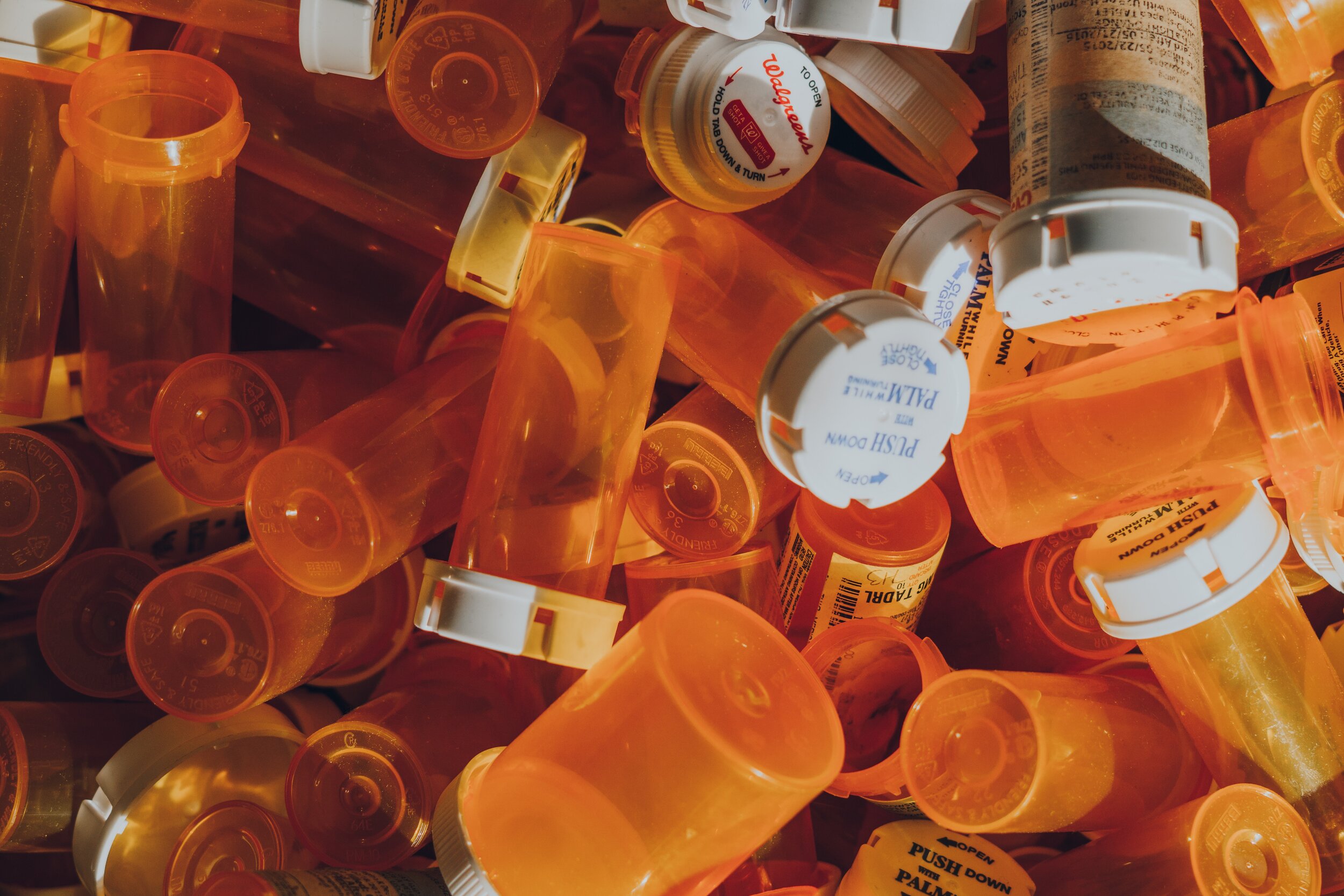Drugs and (Dry) Mouth, A Dental Conflict
Avondale Kendja
Credit: Haley Lawrence
There’s another offender to good oral health and winning smiles which may not be
familiar to you:
Yeah, that’s right. Some of the bought or prescribed medications you use for the occasional and annoying bug are also making your teeth vulnerable to cavities.
Dentists frequently cite how different medications can interfere with your mouth’s ability to produce saliva, with dry mouth as a common side effect. Some antihistamines, decongestants and combinations of both like Claritin D block the histamines (chemicals which can cause allergic reactions) that activate the salivary glands. The slick liquid not only rids your mouth of the tooth-decaying acids that bacteria leaves on your teeth (in plaque), but flushes out the bacteria themselves. Without saliva, your gums can get irritated, inflamed, and vulnerable to infections.
Aside from antihistamines, some liquid medicines have sugars like fructose and sucrose to improve the taste of cough drops and syrups. Other culprits with sugars also include antacids, decongestants, blood pressure and pain medications, vitamin tablets, antidepressants, oral contraceptives, and asthma inhalers. Though these drugs usually give the benefit of not sniffling or hunching over in pain when you’re trying to do basic things, they don’t exactly make for a happy dental experience, either. After using such medications for a long time, your side-effect, temporary dry mouth can become chronic, or constant, dry mouth. The effort to fight against cavities and prevent gum disease will take time out of your week and fill up your downtime for extra dentist visits. But it doesn’t mean that your doctor and your dentist will have to compete over your body, or that you need to struggle to keep all your teeth.
What’s the simplest and most obvious prevention and solution for dry mouth? Moisture. Various dentists recommend mouth rinses or mouth sprays, but hydrating snacks and water can also help to moisten your gums. Increase your cups of water from 6 to 8 a day and cut back on drinks that have caffeine and alcohol. Brush your teeth with fluoride toothpaste or rinse right after you take your medicine and after a meal. You should especially brush right before bed, every night. Your body makes less saliva when you sleep, so doing these two things will remove the sugars bacteria love to break down, as well as the microorganisms collecting on your teeth.
In the end, trips to the dentist can’t be avoided, as it’s best to speak to your doctor and your dentist about the medication you’re taking. All three working together and referring to each other can only grant you a smile that will keep your mouth intact for years.
